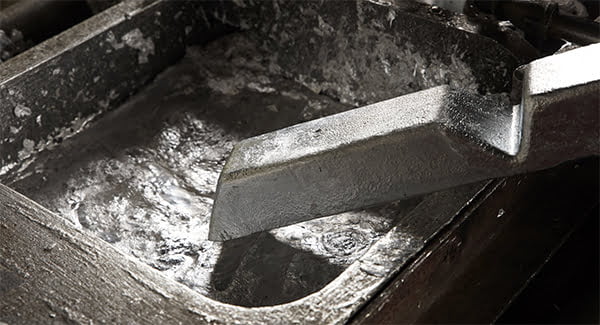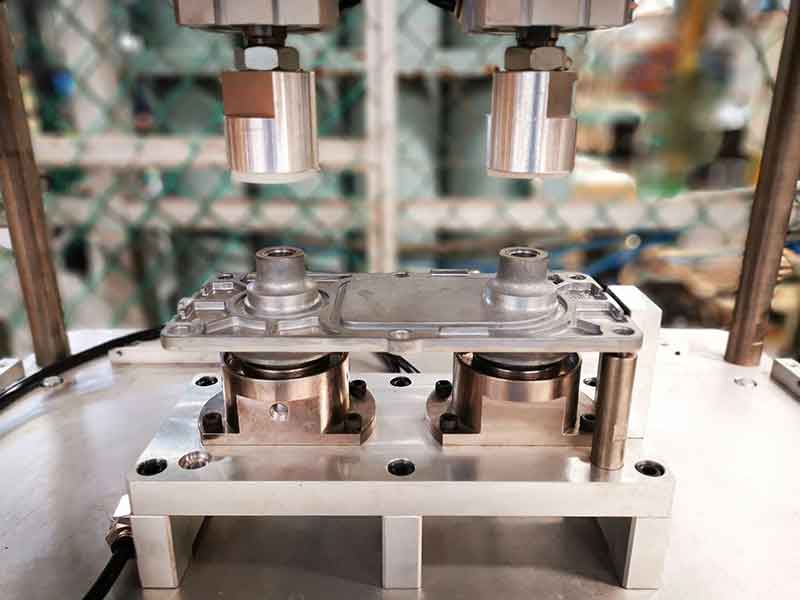The Evolution and Impact of Diecasting in Malaysia

Diecasting has become a cornerstone of the manufacturing industry in Malaysia, contributing significantly to the country’s economic growth and industrial capabilities. This precision manufacturing process involves injecting molten metal into a mold under high pressure, producing intricately detailed metal components. The demand for diecast parts spans various sectors, including automotive, electronics, and consumer goods. Over the past few decades, Malaysia has emerged as a key player in the global diecasting market, thanks to technological advancements, skilled labor, and supportive government policies.
The growth of the diecasting industry in Malaysia can be attributed to its strategic location and robust infrastructure. Situated in the heart of Southeast Asia, Malaysia serves as a crucial hub for manufacturing and trade. The country boasts well-developed transportation networks, ports, and industrial parks that facilitate efficient production and distribution processes. This infrastructure supports the diecasting industry by enabling seamless supply chain operations and easy access to global markets. Additionally, the Malaysian government has implemented various policies to attract foreign investment and support local manufacturers, including tax incentives, research and development grants, and workforce training initiatives.
Technological innovation has been a driving force behind the advancement of Malaysia’s diecasting industry. The adoption of state-of-the-art machinery and automation has significantly improved production precision, efficiency, and consistency. Advanced technologies such as computer-aided design (CAD) and computer-aided manufacturing (CAM) enable the creation of complex and detailed components with high accuracy. Moreover, advancements in materials science have led to the development of new alloys with enhanced mechanical properties, such as increased strength and corrosion resistance. These innovations have not only improved product quality but also reduced production costs and lead times, making Malaysian diecasting firms more competitive on the global stage.

The automotive industry, in particular, has greatly benefited from die casting company Malaysia capabilities. Diecast components are essential in vehicle manufacturing, providing critical features such as strength, durability, and reduced weight. Malaysian diecasting companies supply a wide range of parts to leading automotive manufacturers worldwide, including engine components, transmission housings, and structural elements. The growing demand for electric vehicles (EVs) has further boosted the industry, as EVs require lightweight components to enhance battery efficiency and overall performance. This trend underscores the importance of diecasting in the future of automotive technology and highlights Malaysia’s role in meeting these evolving needs.
Sustainability has become a focal point for the diecasting industry in Malaysia. Companies are increasingly adopting eco-friendly practices to minimize their environmental impact. Efforts include recycling and reusing materials, optimizing energy consumption, and reducing waste. The use of non-toxic and recyclable alloys, along with advancements in emission control technologies, demonstrates the industry’s commitment to environmental responsibility. By implementing green manufacturing practices, Malaysian diecasters not only comply with global environmental standards but also appeal to eco-conscious consumers and businesses, positioning themselves as leaders in sustainable production.
The future of the diecasting industry in Malaysia looks promising, with continued growth and innovation on the horizon. As global demand for high-quality diecast components rises, Malaysian manufacturers are well-positioned to capitalize on new opportunities. Ongoing investment in research and development, coupled with a skilled workforce and strategic government support, will drive further advancements in diecasting technology and processes. The integration of Industry 4.0 technologies, such as the Internet of Things (IoT) and artificial intelligence (AI), will enhance operational efficiency, flexibility, and responsiveness. These advancements will ensure that Malaysia remains a key player in the global diecasting market, contributing significantly to the country’s economic growth and industrial development.
In conclusion, the diecasting industry in Malaysia has evolved into a critical sector that significantly contributes to the nation’s manufacturing capabilities and economic prosperity. The combination of strategic location, advanced technology, skilled labor, and supportive government policies has positioned Malaysia as a competitive force in the global diecasting arena. With a strong focus on sustainability and continuous innovation, the industry is poised for sustained growth and success. As Malaysia progresses in diecasting technology and practices, it will continue to play a vital role in meeting the global demand for high-quality, precision-engineered metal components, ensuring its continued prominence on the international stage.
